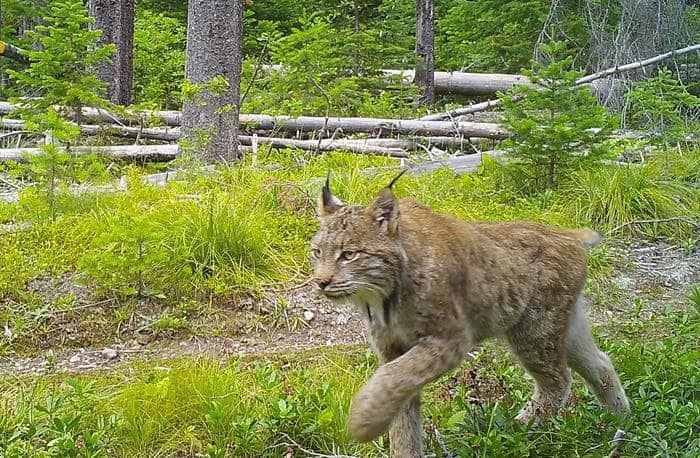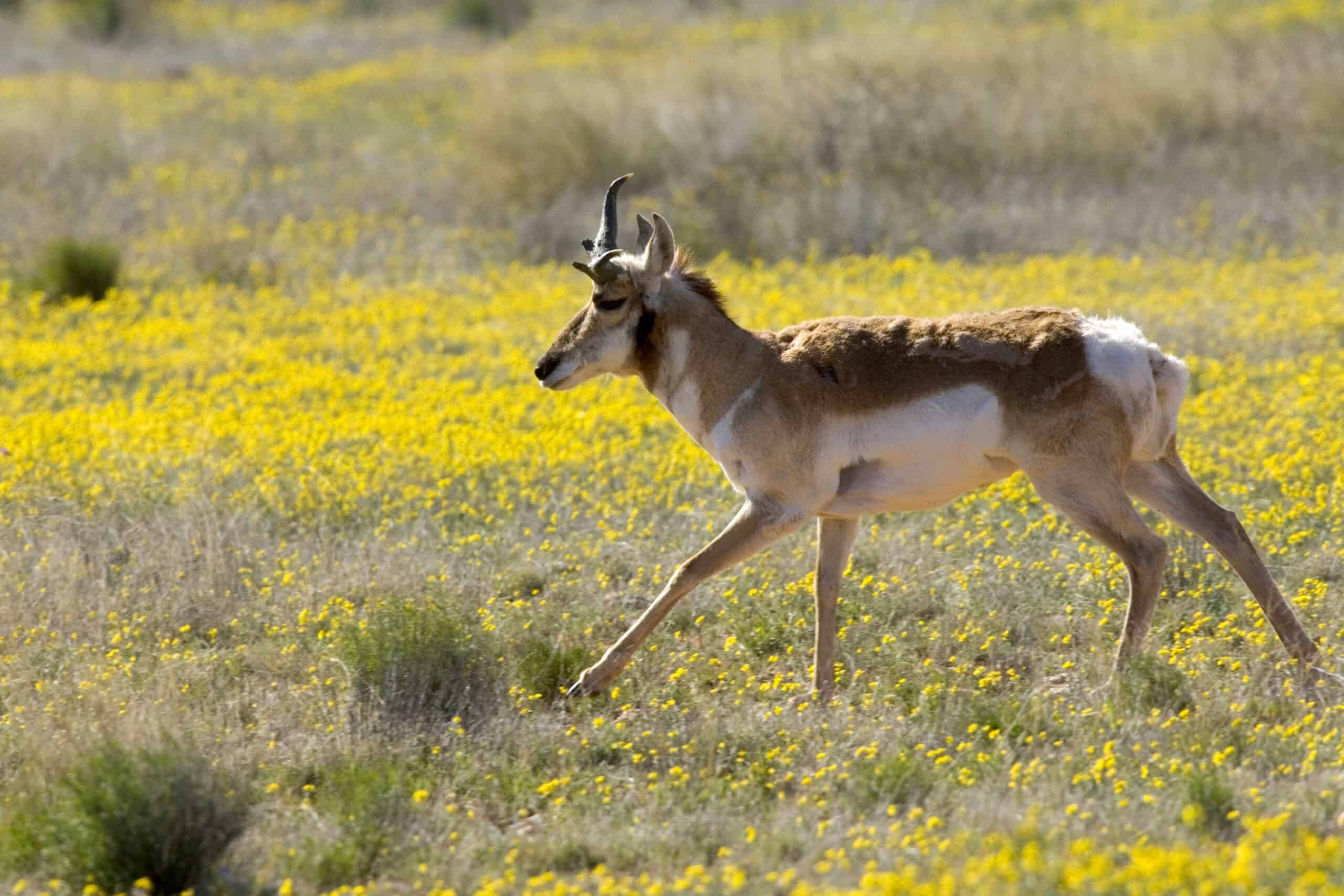Share this article
TWS urges increased agriculture program funding
The Wildlife Society is recommending that the U.S. Department of Agriculture receive increased funding for agency programs that support wildlife professionals and their work to conserve wildlife species and habitats in Fiscal Year 2022.
The Society submitted written testimony to the U.S. House of Representatives Appropriations Committee on these allocations last week, focusing on spending levels for programs in the Animal and Plant Health Inspection Service (APHIS), National Institute of Food and Agriculture (NIFA) and the Natural Resources Conservation Service (NRCS).
The Wildlife Society urged Congress to provide an additional $2.4 million to the APHIS Wildlife Services’ Wildlife Damage Management program, increasing funding to $114 million in FY 2022 and allowing it to continue providing frontline assistance to cooperators so they could protect natural and manmade resources. The Society also requested a modest increase in Wildlife Services’ Methods Development program funding to $24 million in FY 2022.
Within National Institute of Food and Agriculture, TWS recommend increasing funding for the Renewable Resources Extension Act. The act provides resources to state extension programs that share with landowners and land managers the latest management tools applicable to forest and rangeland resources, including wildlife, soil and recreation. Authorized at $30 million, RREA has seen flat funding at only $4 million annually for over a decade. To meet the growing need for sustainable outreach, The Wildlife Society requests that Congress increase RREA funding to at least $10 million in FY 2022. In its testimony, TWS also recommended at least $41 million in funding for McIntire-Stennis Cooperative Forestry Program to support long-term private lands research, as well as the implementation of the administration’s goal of conserving 30% of U.S. lands and waters by 2030.
The Wildlife Society recommended that Congress provide full funding for the conservation programs authorized by the 2018 Farm Bill, as well as at least $890 million in critical discretionary funding for Private Lands Conservation Operations as administered by NRCS. That includes Conservation Technical Assistance, which provides landowners with site-specific solutions needed to implement conservation programs, while also providing for public accountability to ensure funds are spent as intended.
Appropriations committees in both the House and Senate are in the process of developing the appropriations bills for FY 2022, which will begin Oct. 1, 2021.
Read TWS’ technical review on Fish and Wildlife Responses to Farm Bill Conservation Practices.
Learn more about TWS’ priorities for the 2018 Farm Bill.
Header Image: The Wildlife Society submitted recommendations on funding for U.S. Department of Agriculture programs supporting wildlife and wildlife professionals. Credit: NRCS








